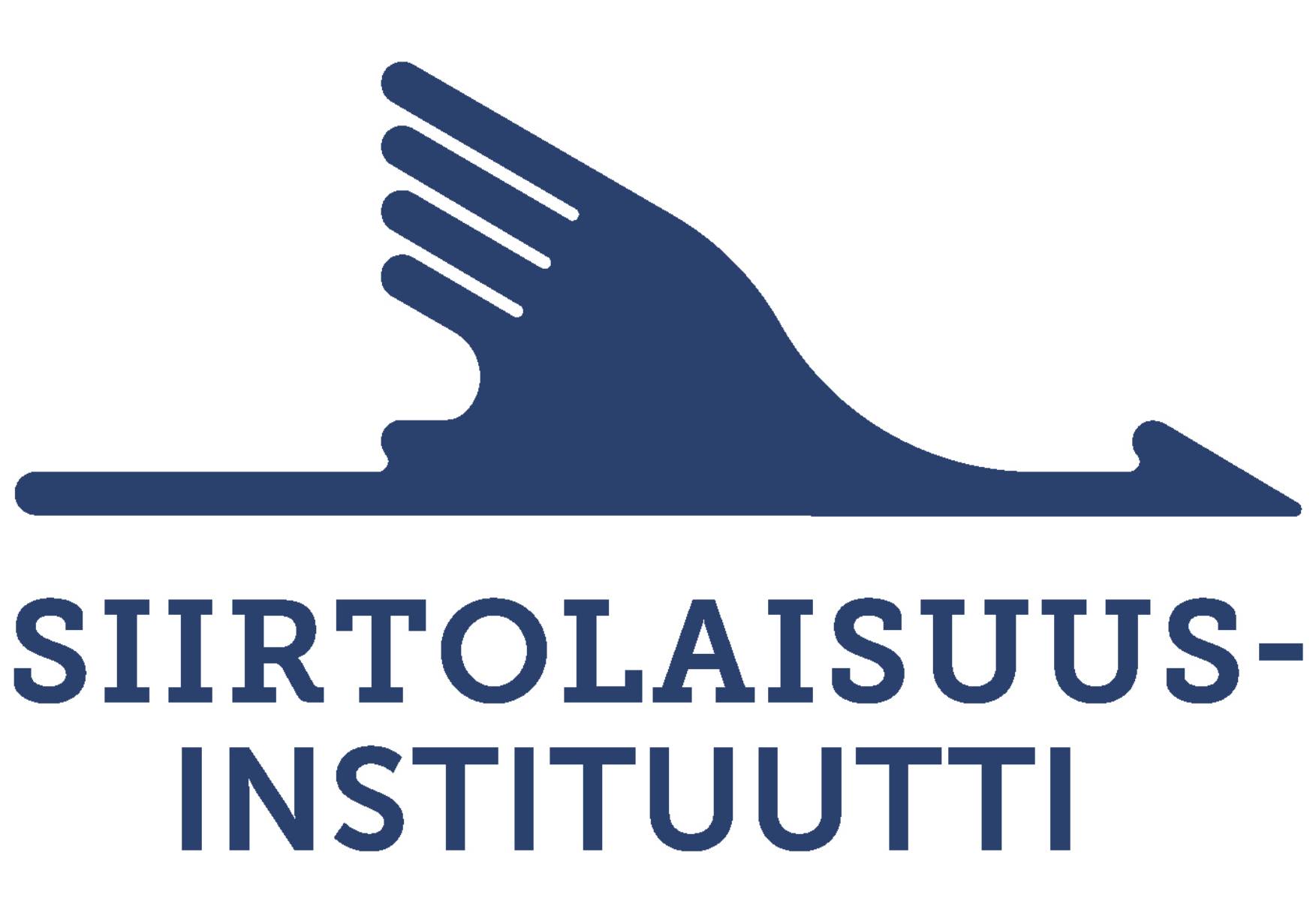According to UNHCR complementary pathways (CPWs) are safe and regulated avenues that complement refugee resettlement. Through CPWs displaced people may be admitted in a country and have their international protection needs met while they are able to support themselves to potentially reach a sustainable and lasting solution. They may offer, not only significant new solutions for the future policy design, but also life changing opportunities for those in need of international protection. Therefore, we should acquire a thorough understanding of their various contemporary modes and uses, and emerging possibilities. In this webinar, we hope to answer some of the crucial questions. The morning session (9:15–11:00 CET) discusses the concept of the complementary pathways and links the topic to climate migration. The afternoon session (12:00–14:15 CET) delves into study and work based complementary pathways and their role in the migration policy.
The webinar is based on two projects funded by the Prime Minister’s Office of Finland.
Registration link at the end of the post.
PART 1: COMPLEMENTARY PATHWAYS FOR PROTECTION AND ADAPTION (9 – 11 CET)
9:00 Opening the connection
9:15–9:25 Welcome and the agenda for the WRD 2021 webinar
Moderator Mika Raunio, senior researcher, Migration institute of Finland (MIF)
Introduction of the two projects
Climate Migration project (ILMASI), senior researcher Saija Niemi (MIF)
Complementary pathways project (PATHS), senior researcher Mika Raunio (MIF)
9:25–9:55 The concept of complementary pathways
Tamara Wood, Visiting Fellow, Kaldor Centre for International Refugee Law, UNSW Sydney
9:55–10:10 Discussion
10:15–10:45 Climate migration and complementary pathways
Saija Niemi & researcher Jaana Palander, MIF/ILMASI-project
10:45–11:00 Discussion
Lunch break
PART 2: STUDY AND WORK BASED COMPLEMENTARY PATHWAYS – IMPLICATIONS FOR MIGRATION POLICY (12:00 – 14:15 CET)
12:00–12:10 Welcome back and the agenda for the afternoon
Moderator Mika Raunio (MIF)
Expert panel on study and work based CPWs
Erika Löfgren, Senior Durable Solutions Associate, UNHCR (Representation for the Nordic and Baltic countries)
Geertrui Lanneau, Senior Regional Labour Mobility and Human Development Specialist, The International Organization for Migration (IOM), Brussels Office
Susan Fratzke, Senior Policy Analyst, Migration Policy Institute (MPI)
Marina Brizar, Director, (UK) Talent Beyond Boundaries
Panel explores the four key topics on the CPWs. Each topic includes short introductory comment from one of the panelists, discussion among all the panelists, and questions and comments from the audience (via chat).
12:10–12:35 Why do we need work and study based CPWs?
– Key benefits and beneficiaries of work and study based CPWs by UNHCR
12:35–13:00 Why they are still so few?
– Key challenges to implement work and study based CPWs by IOM
13:00–13:25 What makes them work?
– Key lessons from practical solutions and real-life experiences by TBB
13:25–13:50 What should policy makers do?
– CPW as a part of the national migration policy in Europe by MPI
13:50–14:00 Commentary: Magdalena Jagiello, Deputy Head of Unit, Legal Pathways and Integration, Directorate-General for Migration and Home Affairs, European Commission
14:00–14:15 Final discussion and closing words
Moderator Mika Raunio (MIF)
Organizer: Migration Institute of Finland, PATHS-project (afternoon session) and ILMASI-project (morning session)
THE WEBINAR REGISTRATION
The webinar is open to everyone. You can register for the webinar by filling out the online registration form. After online registration, you will receive an invitation by e-mail with a link to the webinar. Post-registrations by e-mail to toni.ahvenainen@migrationinstitute.fi.
Register for the webinar: https://bit.ly/3wA3Gw0
The webinar is organized virtually using Zoom software. The zoom software works directly in a web browser and there is no need to install additional software on the computer for the webinar.
If you have any questions or comments about the webinar, you can contact the event organizers by e-mail Mika Raunio (mika.raunio@migrationinstitute.fi) or Toni Ahvenainen (toni.ahvenainen@migrationinstitute.fi).
Welcome to the webinar!

